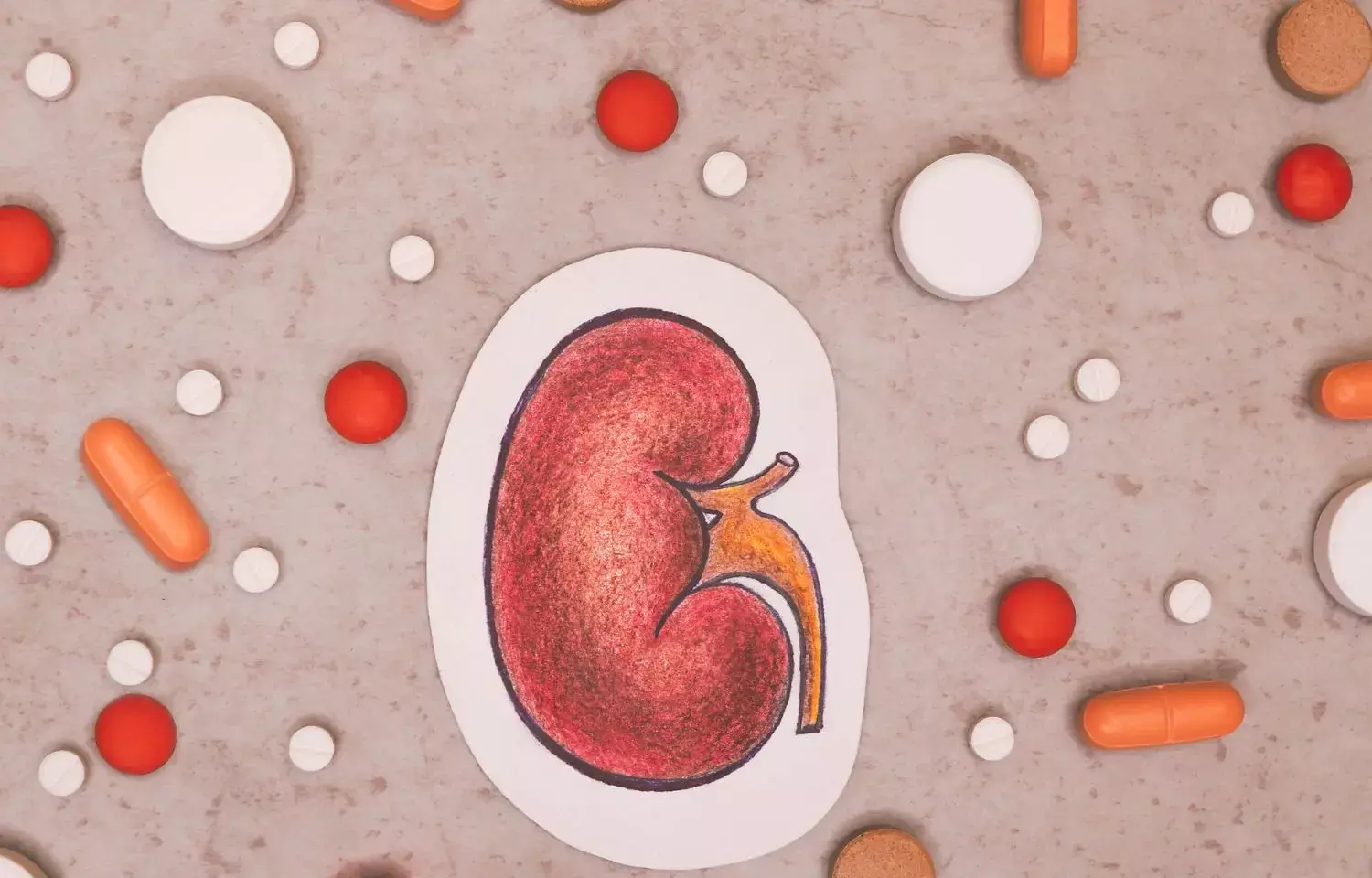- Home
- Medical news & Guidelines
- Anesthesiology
- Cardiology and CTVS
- Critical Care
- Dentistry
- Dermatology
- Diabetes and Endocrinology
- ENT
- Gastroenterology
- Medicine
- Nephrology
- Neurology
- Obstretics-Gynaecology
- Oncology
- Ophthalmology
- Orthopaedics
- Pediatrics-Neonatology
- Psychiatry
- Pulmonology
- Radiology
- Surgery
- Urology
- Laboratory Medicine
- Diet
- Nursing
- Paramedical
- Physiotherapy
- Health news
- Fact Check
- Bone Health Fact Check
- Brain Health Fact Check
- Cancer Related Fact Check
- Child Care Fact Check
- Dental and oral health fact check
- Diabetes and metabolic health fact check
- Diet and Nutrition Fact Check
- Eye and ENT Care Fact Check
- Fitness fact check
- Gut health fact check
- Heart health fact check
- Kidney health fact check
- Medical education fact check
- Men's health fact check
- Respiratory fact check
- Skin and hair care fact check
- Vaccine and Immunization fact check
- Women's health fact check
- AYUSH
- State News
- Andaman and Nicobar Islands
- Andhra Pradesh
- Arunachal Pradesh
- Assam
- Bihar
- Chandigarh
- Chattisgarh
- Dadra and Nagar Haveli
- Daman and Diu
- Delhi
- Goa
- Gujarat
- Haryana
- Himachal Pradesh
- Jammu & Kashmir
- Jharkhand
- Karnataka
- Kerala
- Ladakh
- Lakshadweep
- Madhya Pradesh
- Maharashtra
- Manipur
- Meghalaya
- Mizoram
- Nagaland
- Odisha
- Puducherry
- Punjab
- Rajasthan
- Sikkim
- Tamil Nadu
- Telangana
- Tripura
- Uttar Pradesh
- Uttrakhand
- West Bengal
- Medical Education
- Industry
Gender-affirming hormone therapy may increase serum creatinine levels among transgender men

Gender-affirming hormone therapy modifies body composition and lean muscle mass in transgender persons. A recent analysis published in CJASN examined the effects of masculinizing and feminizing gender-affirming hormone therapy on markers of kidney function.
For the analysis, a team led by David Collister, MD, PhD (University of Alberta) searched the medical literature and identified 26 relevant studies. At 12 months after initiating gender-affirming hormone therapy, blood levels of creatinine (a marker of kidney function) increased by 0.15mg/dL in transgender men and decreased by -0.05mg/dL in transgender women. (An increase in creatinine may indicate possible kidney dysfunction or simply reflect a change in underlying lean muscle mass.) No study reported the impact of gender-affirming hormone therapy on other markers or measures of kidney function (e.g. albumin or protein in the urine, cystatin C, directly measured kidney function), indicating the need for additional research.
"It is important to understand how gender-affirming hormone therapy impacts kidney physiology and how it changes values of common laboratory tests so that patients are properly assessed and not mislabeled with health or disease with regards to kidney function," said Dr. Collister.
An accompanying editorial notes that the analysis raises several important questions that should be the focus of subsequent investigations, most notably the mechanism through which gender-affirming hormone therapy is associated with changes in creatinine and whether it independently affects kidney function.
Additional study authors include Emily Krupka, BSc, Sarah Curtis,Thomas Ferguson, MSc, Reid Whitlock, MSc, Adam C. Millar MD, MScCH, Marshall Dahl, MD, Raymond Fung, MD, Sofia B. Ahmed, MD, MSc, Navdeep Tangri, MD, PhD, and Michael Walsh, MD, PhD.
Reference:
"The Effect of Gender-Affirming Hormone Therapy on Measures of Kidney Function: A Systematic Review and Meta-Analysis," Emily Krupka, BSc, Sarah Curtis,Thomas Ferguson, MSc, Reid Whitlock, MSc, Adam C. Millar MD, MScCH, Marshall Dahl, MD, Raymond Fung, MD, Sofia B. Ahmed, MD, MSc, Navdeep Tangri, MD, PhD, and Michael Walsh, MD, PhD, doi: 10.2215/CJN.01890222.
Dr Kamal Kant Kohli-MBBS, DTCD- a chest specialist with more than 30 years of practice and a flair for writing clinical articles, Dr Kamal Kant Kohli joined Medical Dialogues as a Chief Editor of Medical News. Besides writing articles, as an editor, he proofreads and verifies all the medical content published on Medical Dialogues including those coming from journals, studies,medical conferences,guidelines etc. Email: drkohli@medicaldialogues.in. Contact no. 011-43720751


